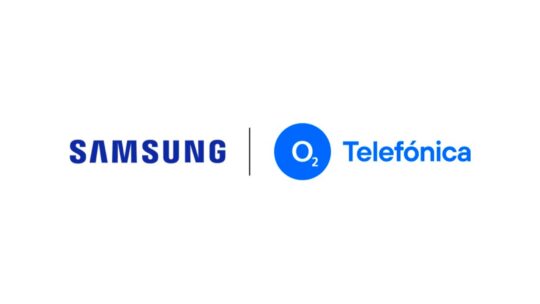Samsung Networks and O2 Telefónica have announced that they will jointly test new 5G network infrastructure technologies, like Open RAN and vRAN, in Germany. These technologies allow network operators to create a more flexible network infrastructure. In such setups, hardware and software are separated, and each component can be virtualized.
Samsung Networks will help O2 Telefónica test Open RAN and vRAN technologies
The two companies have announced that their 4G and 5G-based vRAN and Open RAN tests will first be conducted in a lab in Munich, Germany. Then, they will carry out field tests on a live network in Landsberg am Lech. O2 Telefónica is among the leading cellular network operators in Germany, and it plans to move to a modern architecture with open interfaces and several automation features.
This test will use 4G and 5G vRAN software and Open RAN-compliant radios from Samsung that support low- and mid-bands (including 3.5GHz) Massive MIMO radios.
O2 Telefónica wants to build a network that has flexible capacity, low latency network delivery to AR/VR devices, and increased availability for business use cases. vRAN and Open RAN technologies offered by Samsung Networks will allow the telecom operator to use multiple network infrastructures and components from different providers.
Dell (Dell PowerEdge servers), Intel (Xeon Scalable Processor), and Wind River (Cloud Platform) will also join this commercial Open RAN and vRAN testing that’s being conducted by O2 Telefónica and Samsung Networks.
Mallik Rao, CTO at O2 Telefónica in Germany, said, “We believe cloud-native and autonomous architecture is a central pillar of network transformation to accelerate the adoption of innovative services, and O2 Telefónica is working with the best players in the field. We are delighted to team up with Samsung as one of the first telecommunications providers in the European Union to test new networking solutions.”



